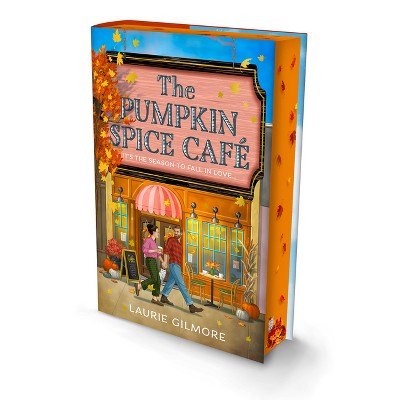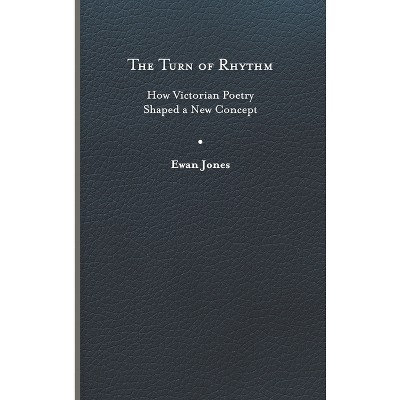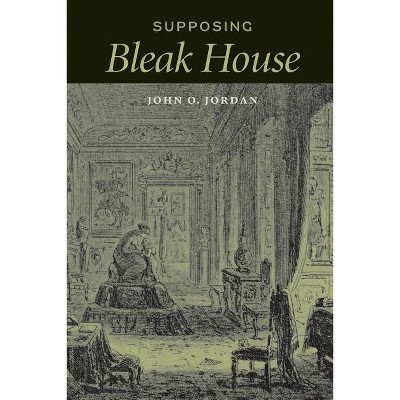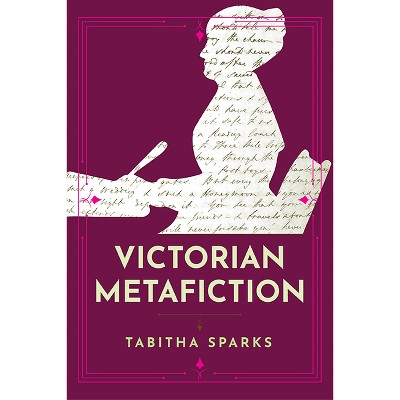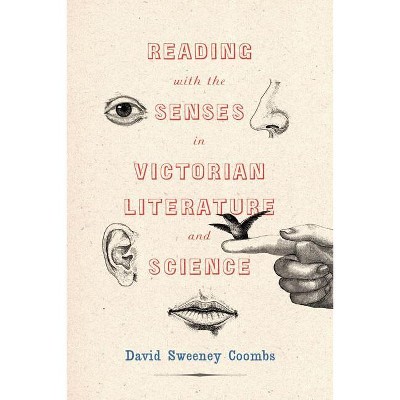Narrative and Its Nonevents - (Victorian Literature & Culture (Hardcover)) by Carra Glatt (Paperback)

About this item
Highlights
- This book is about what does not happen in the Victorian novel.
- About the Author: Carra Glatt is Lecturer in English Literature and Linguistics at Bar-Ilan University.
- 232 Pages
- Literary Criticism, European
- Series Name: Victorian Literature & Culture (Hardcover)
Description
About the Book
"In Narrative and Its Nonevents, Carra Glatt argues for the central role of non-actualized or "unwritten plots" in Victorian narrative construction. Abandoning the allegorical mode, in which characters are bound by fixed identities to reach a predetermined conclusion, and turning away from classical and historical plots with outcomes already known to audiences, the realist novel of the Victorian Era is designed to simulate the openness and uncertainty of ordinary human experience. We are invested in the stories of a Crusoe or Pamela or Tom Jones in part because we can't be entirely sure how those stories will end. As Glatt demonstrates, the Victorian novel is characterized by a proliferation of possibilities"--Book Synopsis
This book is about what does not happen in the Victorian novel. The description may sound absurd, yet consideration of alternatives to a given state of affairs is crucial to our understanding of a novel. Plot emerges out of the gradual elimination of possibilities, from the revelation, on the first page of a work, that we are in nineteenth-century London and not sixteenth-century Paris, to the final disclosure that Pip returns home too late to marry Biddy but is now free to pursue his lost love Estella.
Through careful examination of the plots of such classics as Charles Dickens's Great Expectations, Charlotte Brontë's Villette, Wilkie Collins's The Moonstone, Jane Austen's Pride and Prejudice, Henry James's The Ambassadors, Elizabeth Gaskell's Mary Barton, and others, Glatt argues for the central role of these "unwritten plots" in Victorian narrative construction. Abandoning the allegorical mode--in which characters are bound by fixed identities to reach a predetermined conclusion--and turning away from classical and historical plots with outcomes already known to audiences, the realist novel of the Victorian era was designed to simulate the openness and uncertainty of ordinary human experience. We are invested in these stories of David Copperfield or Elizabeth Bennet or Lucy Snowe in part because we cannot be entirely sure how those stories will end. As Glatt demonstrates, the Victorian novel is characterized by a proliferation of possibilities.
Review Quotes
A sparkling work of criticism that adds depth and texture to our understanding of classic texts, with potent insights into the nature of realism writ large . . . At the heart of this book is Glatt's deep desire to give coherence and dignity to texts that evoke complex responses by attending to their corresponding complexities of form. The lasting impression is one of appreciation for the nuanced richness that exceeds even the plots--both written and otherwise--of Glatt's searching and sensitive examinations.-- "Nineteenth-Century Literature"
Glatt's work shows us how stories emerge from a nexus of possible outcomes and possible narrative modes, each one shadowed by the others.-- "Studies in the Novel"
Counterfactuals have been of increasing interest to literary critics, and Narrative and Its Nonevents will thicken and enrich the conversation about them. Timely and lucidly phrased and organized, this book is also witty--occasionally it made me laugh out loud. Most important, it shows that Glatt is an acute critic, with a narratological argument that leads to fresh commentary on classic texts. In stylish prose, this book makes substantial theoretical and critical contributions to its field.
--Andrew H. Miller, Johns Hopkins University, author of The Burdens of Perfection: On Ethics and Reading in Nineteenth-Century British LiteratureAbout the Author
Carra Glatt is Lecturer in English Literature and Linguistics at Bar-Ilan University.


